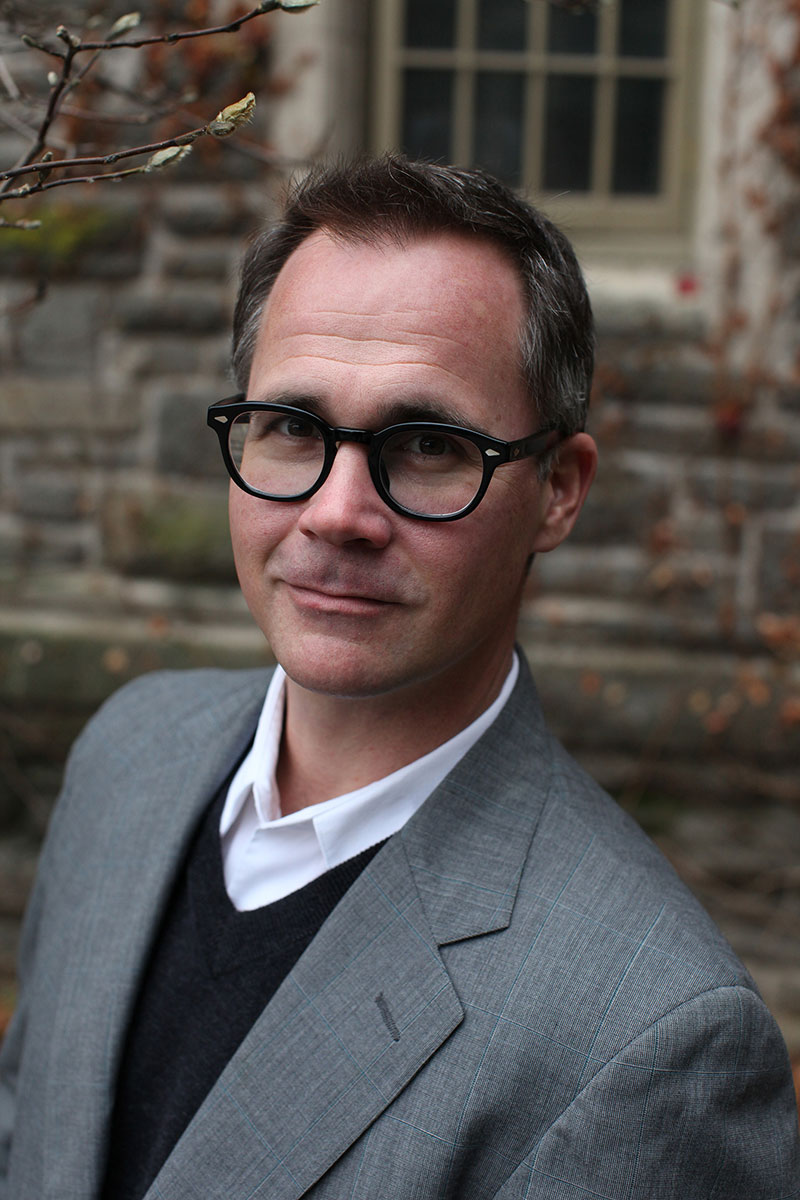Related: Dr. Smith’s research with Guatemala’s indigenous culture and regularly-scheduled ethnographic field school in Ecuador.
What excites you about the study of sociocultural anthropology?
What excites me the most about sociocultural anthropology is the pursuit of a career that opens up our minds to the, quite possibly, infinite ways in which people can view the world based upon where they are from. Thus, anthropology is both a pursuit of knowledge about theories and larger attempts to understand our world, but it is also about understanding how knowledge processes are contingent and socially constructed. We can then appreciate diversity (as well as those ideas which bring us together across space and time) and seek ways in which we can put together all of our glasses together to create one large set of binoculars with interchangeable lenses that may help alleviate the majority of those problems which stem from a lack of understanding, and appreciate that an individual’s way of viewing and understanding the world might be just one vantage point in a sea of infinite wisdom.
What do you love most about teaching Appalachian students?
Every university or institution of higher education has its own identity and flavor. What I have found at Appalachian State University is that the students and their faculty maintain a small liberal arts feel… We might have 18,000 students in a small town but you wouldn’t really realize it given the spirit of collaboration, respect and friendliness that one would usually expect at an institution half the size of our university.
What I have really enjoyed about teaching our students is that many come from the state of North Carolina and haven’t really had the chance to explore other cultures and lives outside of the media. To give them the opportunity to learn about the diversity of religion, customs, traditions, politics, praxis and worldviews in Latin America is always a great pleasure, especially when they have a “I didn’t know that!” moment.
Why should a student interested in anthropology study at Appalachian?
Our faculty regularly publish scholarly material and maintain a commitment to bringing this research to the classroom, as well as involving our students in our research projects. We also have a solid group of professors who have received prestigious fellowships to help pursue their research interests.
Students receive a personalized program of study and attention from some of the best minds in anthropology that isn’t watered down. Our students themselves, with mentoring and preparation from our faculty, have won numerous awards over the years, regularly land jobs and internships after graduation, publish articles, and go on to some of the top graduate programs in the country (and now Europe) in many different fields.

